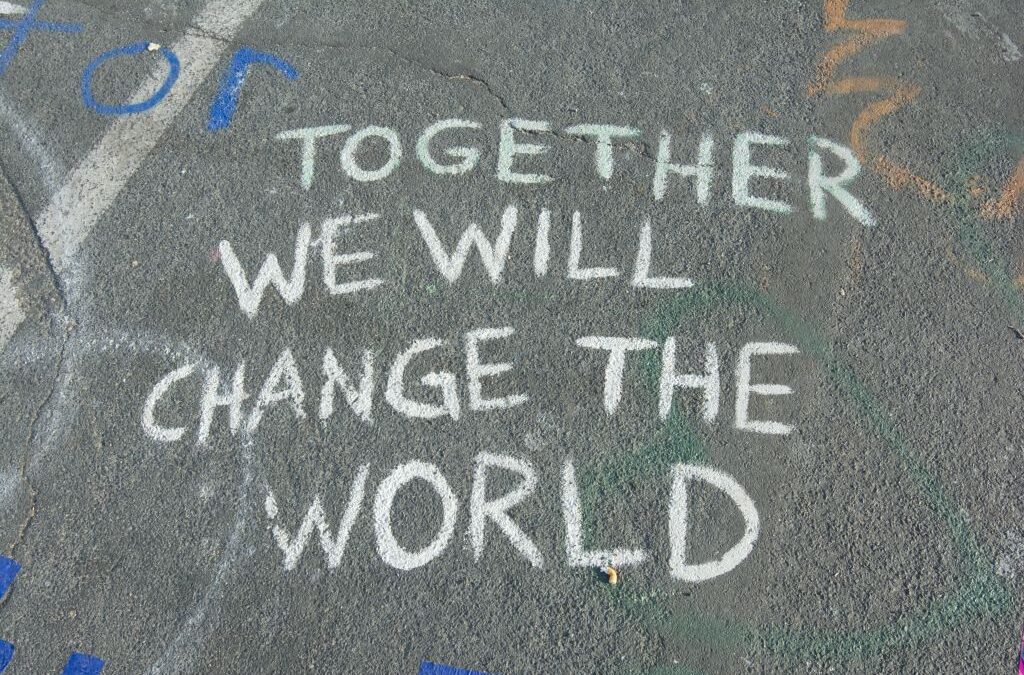Entrepreneurship is the backbone of society, unifying our global community like a rubber band keeping a stack of cards in order. Yet, like a rubber band, its resilience is equal to its sturdiness and strength, able to adapt to unpredictable changes and stretch to its limits in the name of innovation. Embracing creativity and change, entrepreneurship is ever-evolving, historically providing prosperity and health to humankind at large. So, why are we calling for an entrepreneurial revolution?
If the COVID-19 crisis has revealed anything to us, it’s the inequities our reality is built upon. From gender inequity to racial injustice, it has become clear that we cannot move forward as a global community without taking our neighbors’ hands, ensuring that we all move forward. Only when we stand on equal ground by uplifting marginalized groups can we create a truly humane world. In viewing entrepreneurship and business from this lens, we can establish the “new normal” for society as human-centered, building upward together.
Statistically, according to the World Inequality Report 2022: out of all global labor incomes, women make only 35%, while men make 65%. Perhaps even more disturbing is that this number for women increased by only 5% from 1990–2020. Income inequality is not only apparent in the discussion of gender, but also social classes. As of 2020, the average income of the top 10% of people in the world was 38 times higher than that of the bottom 50%. Similarly to the dismally slow improvement in income-gender disparity, the share of income collected by the poorest half of the world’s people today is around half of what it was in 1820.
Essentially, with the legacy of global economic imbalance in the arrangement of world production between the mid-19th and -20th centuries, wealth is not being distributed fairly, causing marginalized groups to remain in the minority with less opportunity for self-betterment than those in power. Humane entrepreneurship aims to cultivate a world where these numbers even out—where we center economic prosperity to achieve equity for all.
The World Inequality Report 2022 continues by demonstrating how global income inequality is closely tied to climate change impacts. Although humans emit about 6.6 tonnes of carbon dioxide per capita per year, the top 10% of emitters contribute to nearly 50% of all emissions, while the bottom 50% generate only 12%. Therefore, beyond humankind’s livelihood and fair living standards relying on a more equal distribution of wealth, so too is the wellbeing of our planet. As the health of both humans and our planet are innately intertwined, it is obvious that we must rethink and reshape our business practices to promote sustainability and equity; otherwise, there will be no future to plan for.
The world has changed suddenly and irrevocably within the past few years. However, it’s our responsibility as entrepreneurs to use our adaptability and resilience to provide economic prosperity to our global community. With equity between different social groups, and the health of our planet at the forefront of the entrepreneurial revolution, we can sculpt the ultimate humane future.


